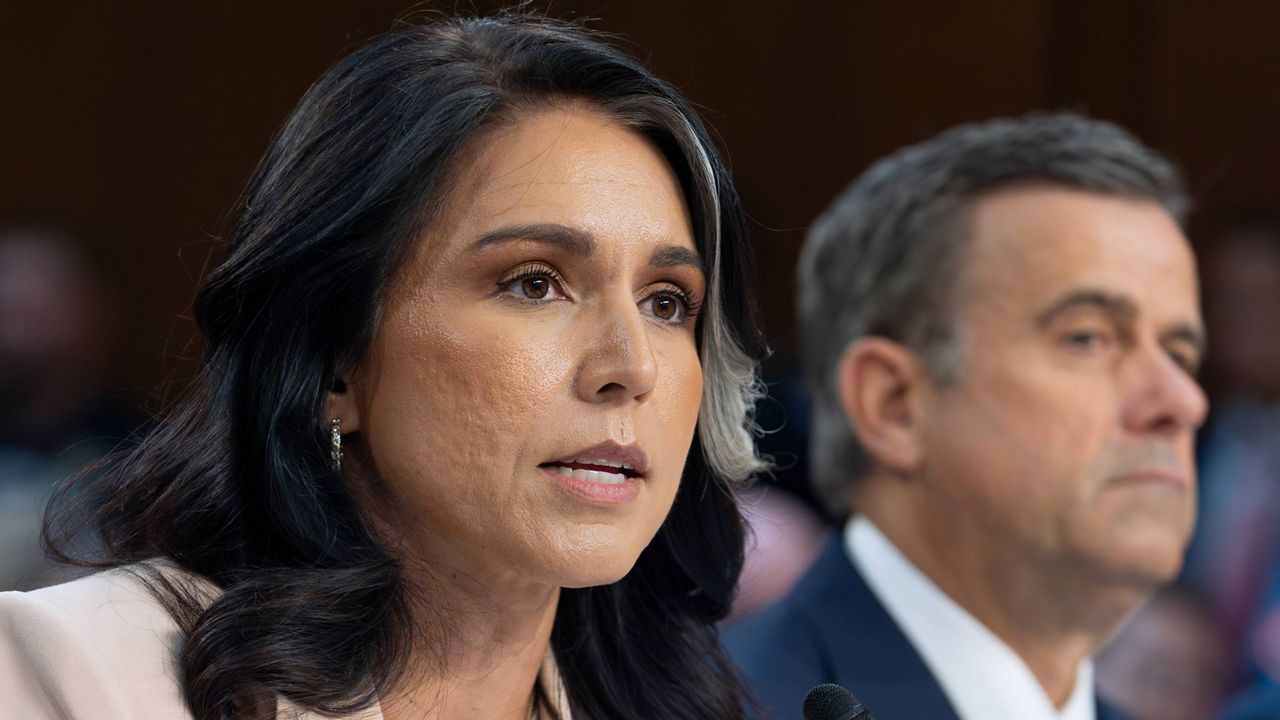ORLANDO, Fla. — There are highly effective prevention tools and medications that can control the spread of HIV. Experts say that Oral PrEP, for example, can reduce the risk of getting the virus from sex by 99%.
Despite the advancements in care, the most recent CDC HIV Surveillance report shows the Orlando-Kissimmee-Sanford area ranks in the Top 5 in the country, per capita, for HIV diagnoses.
What You Need To Know
- Despite multiple options for treatment of HIV, the Orlando-Kissimmee-Sanford area remains ranked in Top 5 in the country, per capita, for HIV diagnoses
- Dr. Charlotte-Paige Rolle of the Orlando Immunology Center says that disparities with equitable access to health care are a contributing factor to the issue
- Some HIV and AIDS resources can be found at The Center Orlando
Dr. Charlotte-Paige Rolle, a certified HIV specialist and the director of research operations at Orlando Immunology Center, said great strides are being made toward getting people treated and achieving viral suppression, but there is still a health care access issue.
“In terms of access to HIV prevention tools, I think that there remains some stark disparities in most of the Southeast, honestly, not only Orlando,” she said. “It’s something that we are all struggling with, and trying to get patients equitable access to health care just remains a challenge in this area.”
Rolle said clinical trials are a way to take care of uninsured or undocumented patients. Her clinic is applying for a PrEP clinical study that could replace daily pills with injections given just twice a year, which would make access to treatment much easier.
Equitable access is a barrier to reducing HIV transmission, but it’s not the only obstacle, Rolle said.
Efforts are underway in Central Florida to reduce HIV rates in Orlando, and one person working hard to help make that happen is Gabriella Rodriguez, the interim executive director at QLatinx.
She said talking openly about her life experience is what allows her to be a successful HIV education and awareness advocate focused on eliminating stigma and barriers to care in the community.
“It wasn’t until (I was) incarcerated and I had to take a mandatory class on HIV and AIDS, that I was like, 'Wow, this is an epidemic and something we don’t talk about,' ” Rodriguez said. “As a sex worker, I wasn’t familiar with the conversation because it never happened in my household.”
Rodriguez went to jail in 2001 and after serving her sentence, mandated community service hours led her to discover a passion for advocacy work to teach others to take control of their health that still drives her today.
“We’ve progressed so far when it comes to pharmaceuticals," she said. "It isn’t anymore a death disease unless you’re not in care, and like I said, there are so many resources out there."
Some of those resources are at The Center Orlando.
“We just started a new support group for HIV here at The Center called High 5,” Daniel Fernandez de Castro said.
He started the support group, which welcomes everyone, regardless of age, gender, or whether they’re living with HIV.
"What we are trying to do with the group is to educate the community so the stigma decreases," he said.
Stigma is a known barrier, but others are unique to Central Florida.
Rodriguez said some factors could include the transient population, huge hospitality industry and booming tourism. She said she would love to see The Center be a central hub for the solution, getting outside organizations and local governments involved, and being engaged with programs within and outside the HIV field that can move funding.
“We have an amazing Central Florida HIV planning council, which is a collective body of individuals that help move millions of dollars for those that are affected by and living with HIV," she said. "So there are several opportunities to be engaged."
Rolle said she is impressed by HIV education and outreach efforts within Central Florida’s LGBTQ+ community.
“I’ve just been so impressed and honored to work with so many of the organizations that serve that community," she said. "It’s the other communities, though, that I feel like I’m back in the 1980s — women, heterosexual men.
"A lot of migrant populations, the Haitian community, is so affected by HIV. It’s so heartbreaking.”
Rolle added that there is also a backlog in new diagnoses from people who did not get tested during the COVID-19 pandemic.
Among some of her recent patients who have come in with AIDS, seeing the disease so advanced is unusual, Rolle said, and highlights the importance of getting tested.









